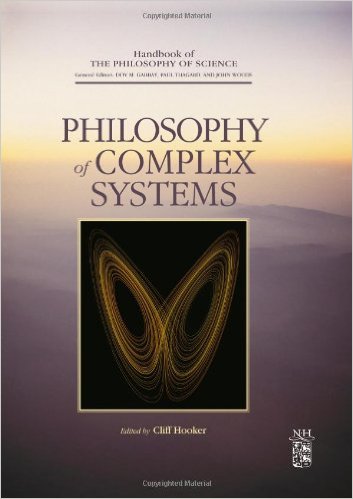I have been enjoying a cartridge which I just got back from a rebuild. As it breaks in, and the sound of my system improves, it has me rethinking what I had previously thought about the relative importance of various aspects of system building. As I have not changed anything about my system in the past three years except this rebuilt cartridge and learning more about cartridge set up and loading, I have started to think about why it seems that my system continues to improve and why I have been more emotionally involved with hearing my music through my system. Listening has reached a level of satisfaction, that I no longer obsess about upgrading particular components. Sure, specific upgrades would be great, but I no longer feel the need to do so in order to be happy with my system. Here is what I just posted on my system thread and my MSL/AirTight cartridge comparison thread:
"This has changed my thinking about the relative importance of component selection, proper system set up, and fine tuning, whether it be with front end adjustments in an analog system or the selection of filters and settings in a digital system, or the judicious placement of room treatments, speakers and listening seat locations. All of these cost little but time, experimentation, and a willingness to learn and listen carefully. This is consistent with my experience of hearing great systems and with observations I have read from more experienced audiophiles on forums like this one: The quality of a system is not guaranteed by the level of components but rather by their careful selection, proper set up, and judicious fine tuning. This is ultimately what makes a satisfying system and listening experience."
I think this is an interesting topic about which I have not seen much discussion.
"This has changed my thinking about the relative importance of component selection, proper system set up, and fine tuning, whether it be with front end adjustments in an analog system or the selection of filters and settings in a digital system, or the judicious placement of room treatments, speakers and listening seat locations. All of these cost little but time, experimentation, and a willingness to learn and listen carefully. This is consistent with my experience of hearing great systems and with observations I have read from more experienced audiophiles on forums like this one: The quality of a system is not guaranteed by the level of components but rather by their careful selection, proper set up, and judicious fine tuning. This is ultimately what makes a satisfying system and listening experience."
I think this is an interesting topic about which I have not seen much discussion.


















